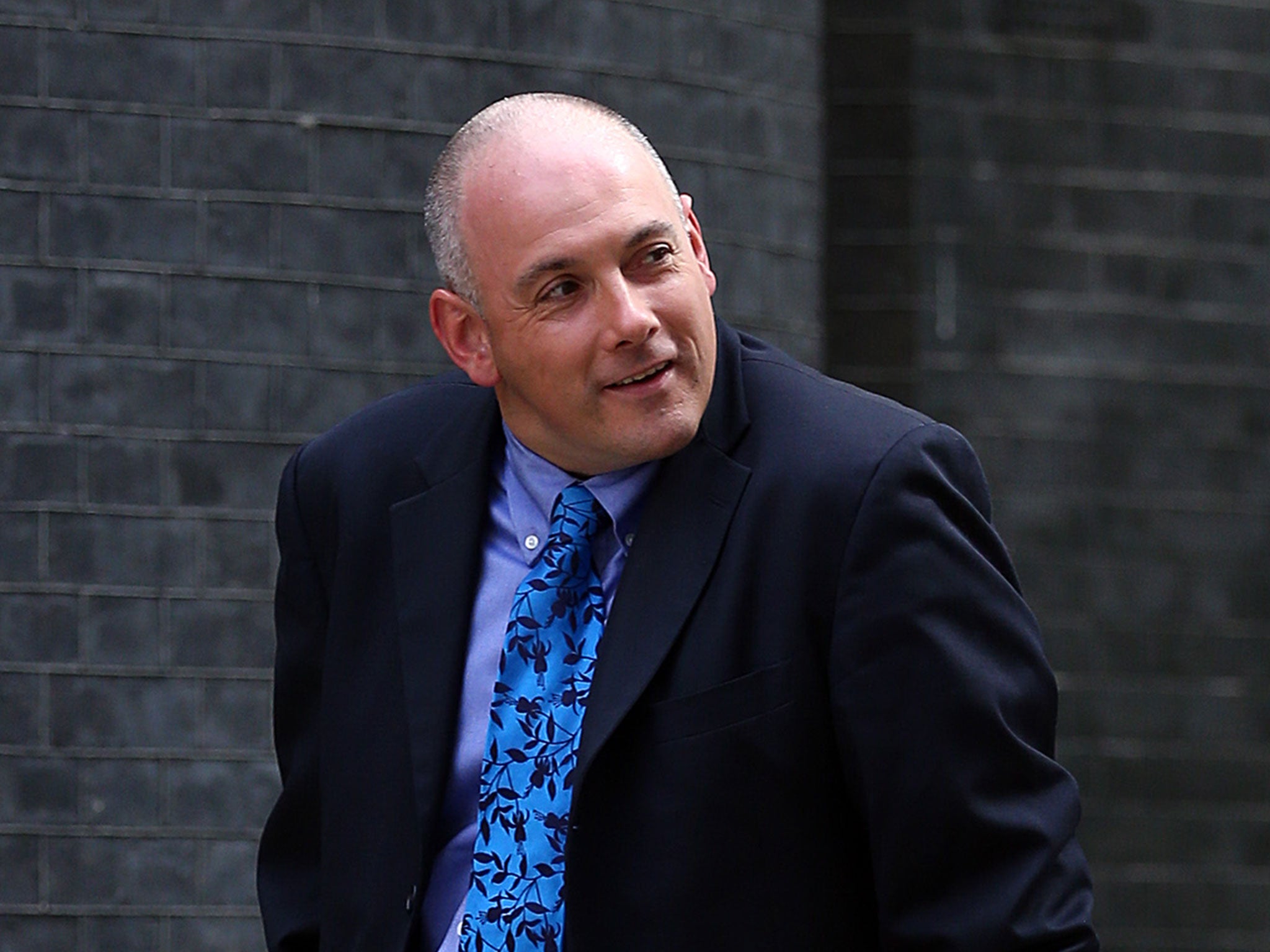Fund lifting of public sector pay cap by slashing help for world's poorest, Tory MP suggests
Robert Halfon wants to target aid spending for cuts

A Conservative MP has tried to set hard-up public sector workers against the world’s poorest people by suggesting British workers could be given a pay rise if only aid was cut.
Robert Halfon said he supported the lifting of the public sector pay cap for the lowest paid public sector workers – but that it should be funded by taking from the international development budget.
The Government has come under pressure to lift the pay cap since the general election, but Tory MPs teamed up with the DUP this week to vote down a Labour amendment to the Queen’s Speech calling for a policy change.
Labour’s manifesto costed lifting the public sector pay cap at £4bn; the party said it would raise £19.4bn by reversing the Conservatives’ sharp cuts to corporation tax, alongside other measures such as cracking down on tax avoidance and corporate reliefs.
But speaking on Friday after having voted against lifting the pay cap, Mr Halfon suggested that the world’s worst-off could instead be targeted for cash to fund the policy.
“We need to look at ways of using the existing budget. We have to look potentially at sacred cows, so what I’m suggesting is that we look at some of the overseas aid budget which is going to be roughly over £13bn in the coming year,” he told BBC Radio 4’s Today programme.
“I’m very passionate about overseas aid ... but we have to recognise that we haven’t got unlimited money pots.”

He continued: “What I’m saying is that at the moment Britain gives a higher proportion of overseas aid than most other G7 countries.
“I think we face a particular difficulty in our country where many public sector workers have had to struggle so temporarily, whilst the economy remains difficult, while we get down the deficit I think we need to look at sacred cows like the overseas aid budget and use that to help the lowest paid public sector workers.”
Richard Pyle, Oxfam head of UK policy said: "Britain can afford to give our teachers and nurses a decent pay rise without taking money from the poorest people on the planet. Too many people in the poorest countries still die for the lack of basic healthcare and British aid provides a vital lifeline of which we can all be proud."
Under legislation introduced by David Cameron in 2015 the UK has bound itself to spend 0.7 per cent of its gross national income on international aid. In 2016, that amounted to about £13.3bn.
Some polling suggests that international aid is not popular with the public – though other surveys suggest variable attitudes on the subject.
A Eurobarometer survey released in 2015 found 67 per cent of people wanted aid increased, while a separate YouGov survey, quoted in the House of Commons, suggested 66 per cent want it decreased.
Join our commenting forum
Join thought-provoking conversations, follow other Independent readers and see their replies
Comments